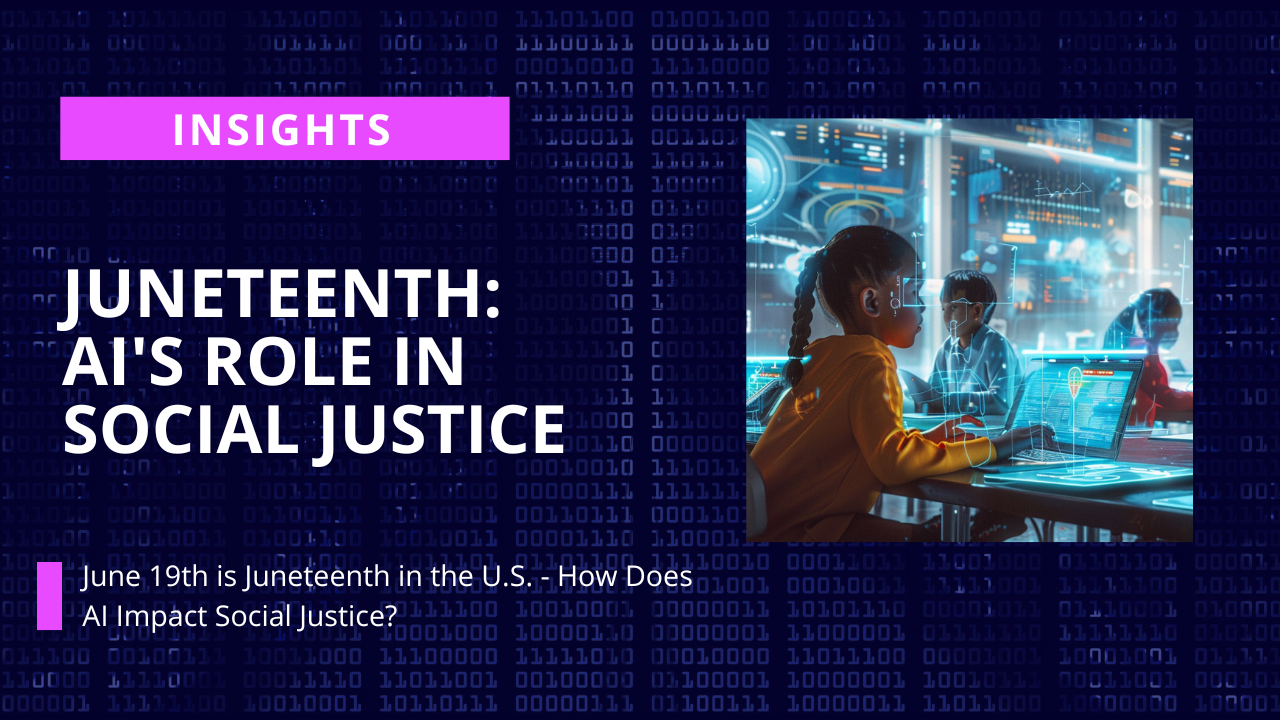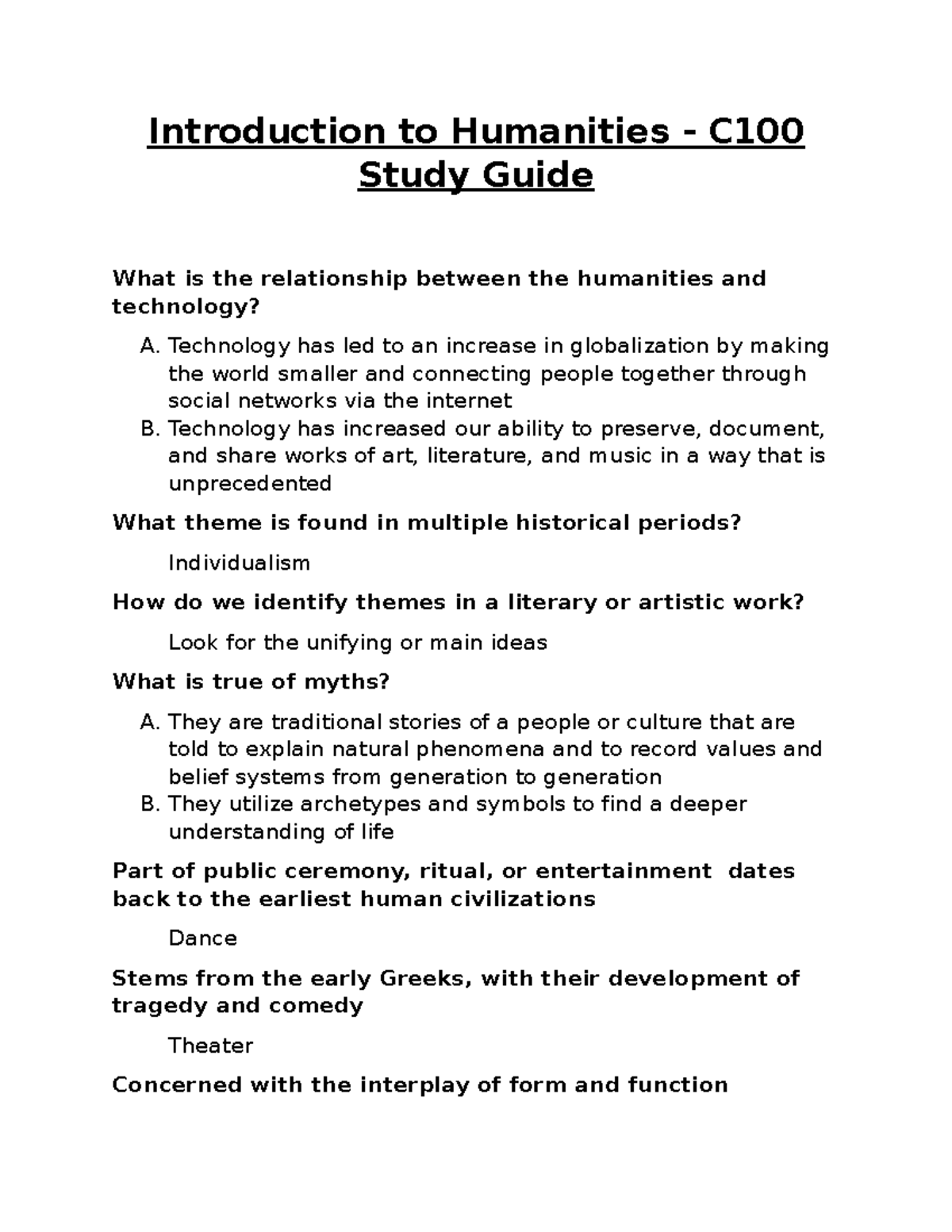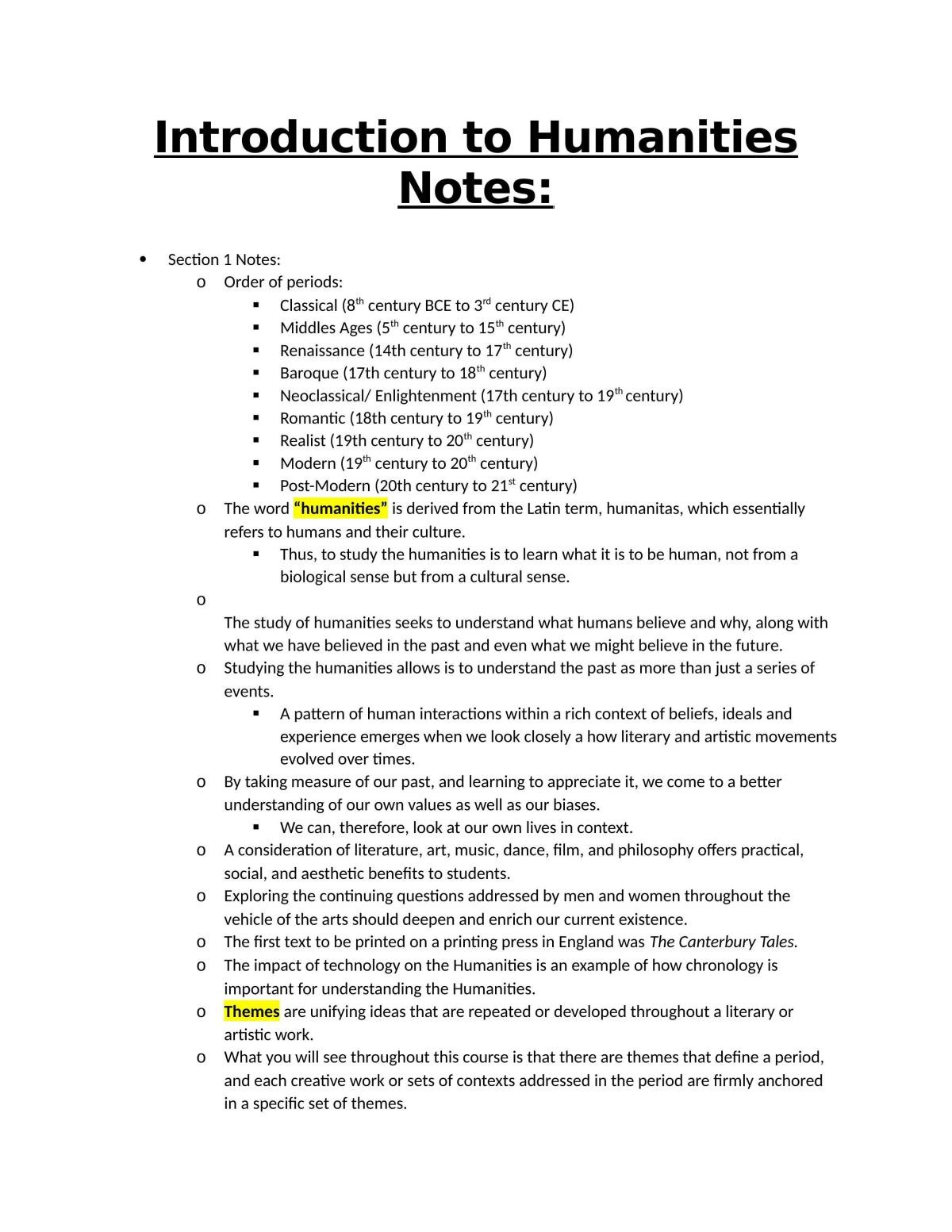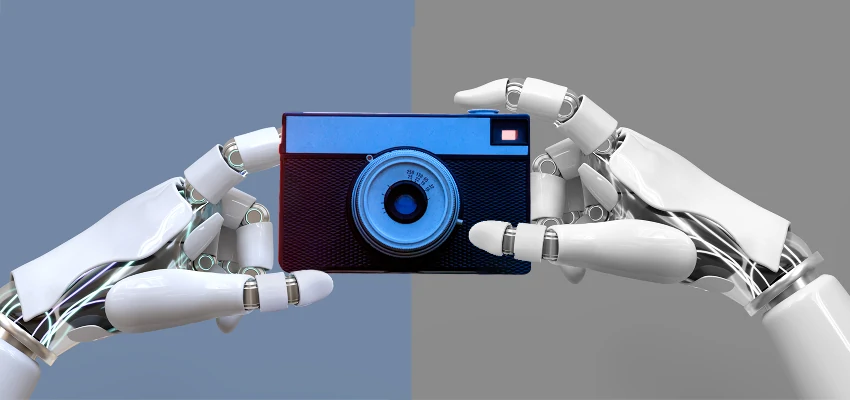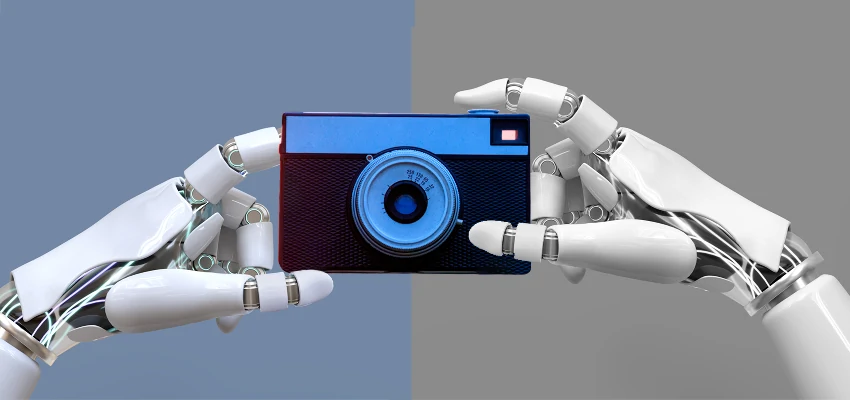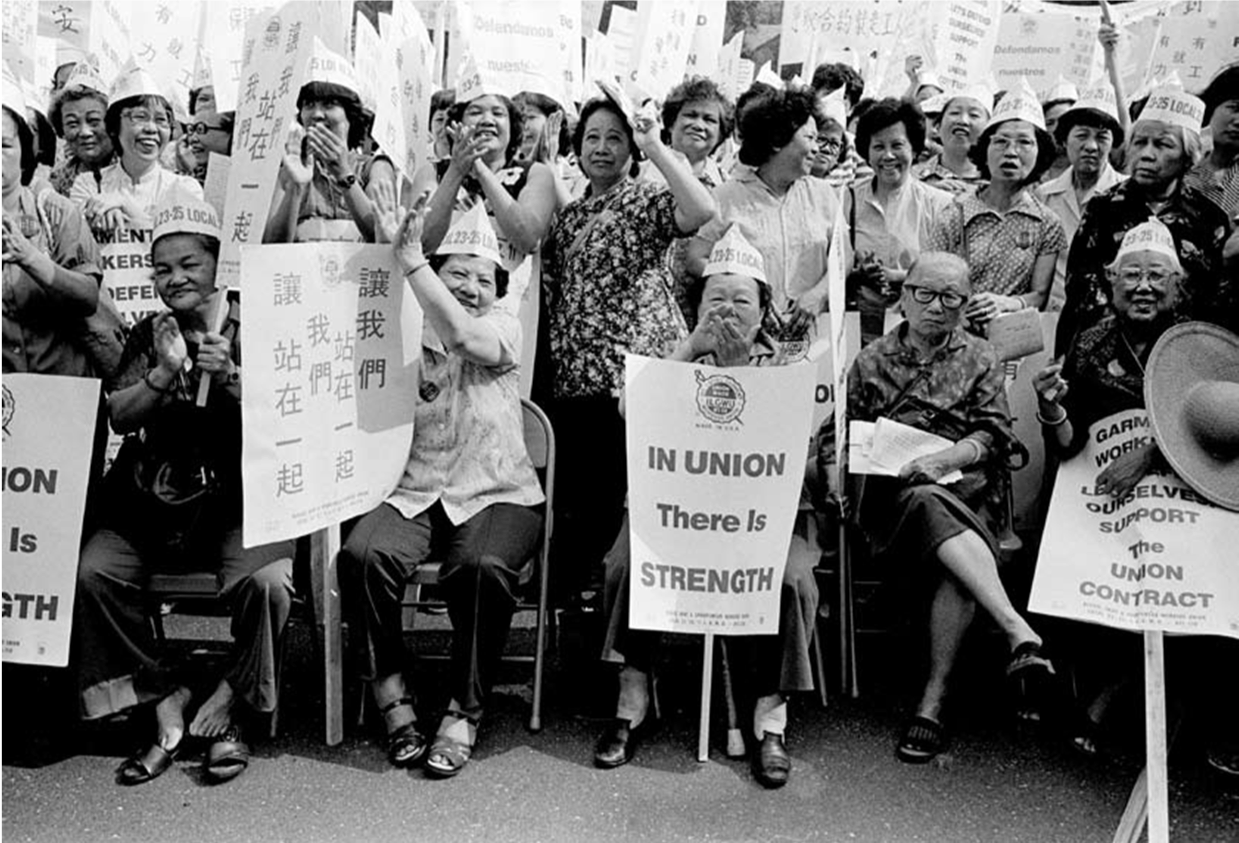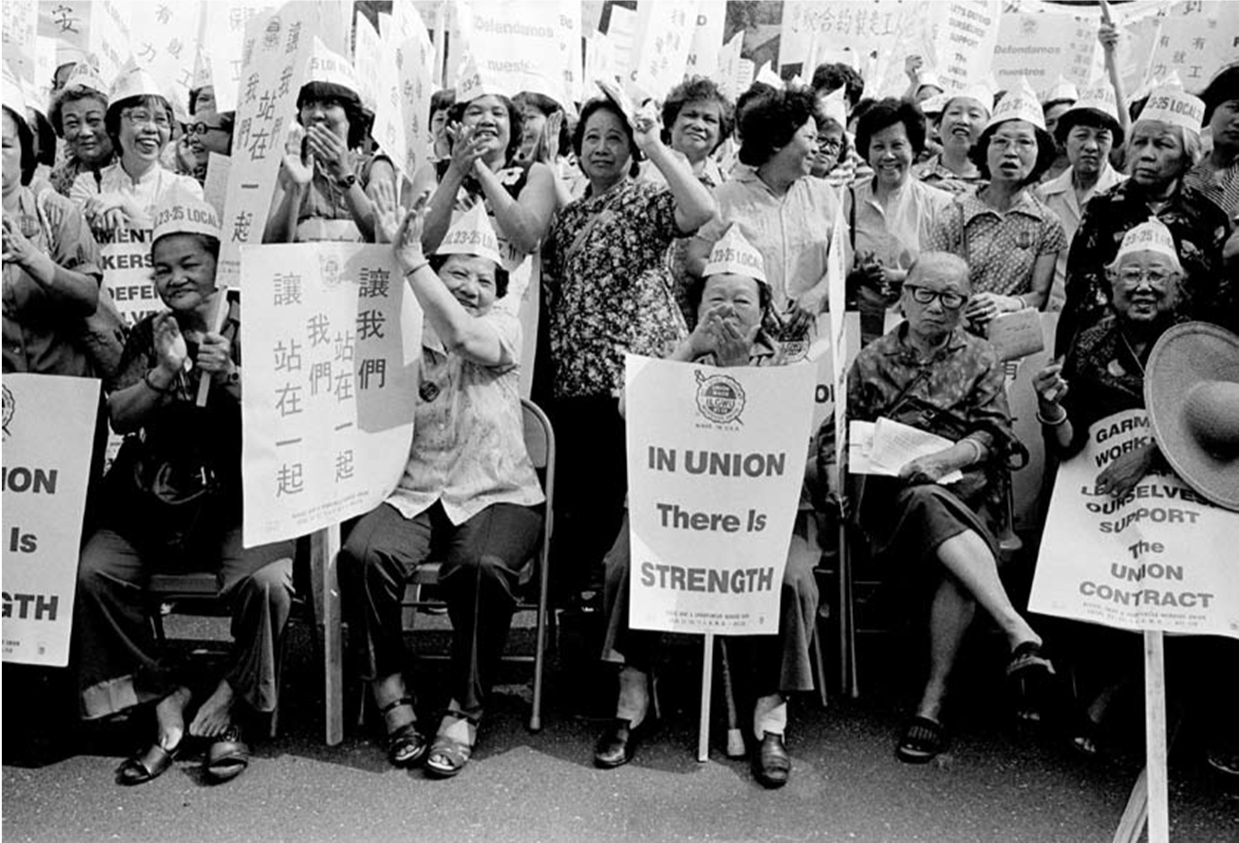AI social justice is a critical consideration as we navigate the evolving landscape of technology and its impact on society. As Ruha Benjamin emphasizes, the future of AI does not have to be dystopian; instead, it offers a chance to foster ethical AI that prioritizes inclusivity and equitable outcomes for all. By examining the social implications of AI through the lens of the arts and humanities, we can better understand the complexities that come with algorithmic decision-making and its potential harms. Benjamin’s insights serve as a clarion call to challenge the motivations of tech elites who often promote AI advancements without regard for their broader societal effects. In this transformative moment, the intersection of technology and social justice invites innovative thinkers to imagine more just and humane futures.
The discourse surrounding AI and equity reveals the necessity of addressing systemic injustices woven into the fabric of technological advancements. By framing these issues in terms of digital equity and fairness, we can better grasp how algorithms shape our lives and influence societal outcomes. Scholars and activists alike must engage in a deeper dialogue about the role of technology in perpetuating disparities, drawing on insights from the humanities to shape our understanding of these developments. A collaborative approach that involves voices from diverse backgrounds will be essential in reimagining a landscape where AI serves the common good rather than exacerbating existing inequalities. As we chart this path, the collective imagination must be harnessed to envision a future where all individuals thrive, free from the restraints imposed by oppressive technologies.
The Role of AI in Shaping a Just Future
Ruha Benjamin argues that envisioning a future inclusive of AI does not have to lead to dystopian outcomes. Instead, we should harness its capabilities to foster social justice and equality. The key lies in redefining the applications of AI to align with ethical principles that promote the collective good, rather than reinforcing existing power structures or perpetuating oppression. Benjamin challenges us to think critically about the narratives surrounding AI, emphasizing the need for interdisciplinary approaches that blend technological advancements with insights from the arts and humanities.
This vision for an ethical AI involves active participation from diverse stakeholders, encouraging marginalized voices to influence the development and deployment of technologies. Benjamin highlights that the challenge is not simply about regulating tech elites but about fundamentally rethinking our societal values around technology. As we reflect on the social implications of AI, it’s crucial to ensure that these tools are used not just for efficiency, but for enhancing the quality of life across all communities.
Redefining Expertise in AI Development
Benjamin advocates for a re-evaluation of who contributes to the conversation surrounding AI. Currently, the tech elite hold much of the power when it comes to crafting the narratives that shape our technological future. However, Benjamin stresses that real change will come when we include voices from various disciplines, particularly those in the arts and humanities. These perspectives can provide critical insights into the ethical dilemmas and societal impacts of AI, leading to more robust and inclusive decision-making processes.
By integrating knowledge from different fields, we can challenge the notion that technical expertise alone is sufficient to understand and guide AI. As Benjamin illustrates, the lessons from history, particularly in regard to the failures of eugenics and systemic discrimination, serve to remind us of the potential harms that arise from a narrow technological focus. A collective approach that values diverse expertise can lead to the development of AI systems that are not only efficient but also socially conscious and protecting of human rights.
AI Social Justice: Bridging Technology and Humanity
The intersection of AI and social justice is a critical area that Ruha Benjamin explores in her lectures. By highlighting the ethical dilemmas surrounding AI technologies, she underscores the urgency of addressing the social implications of these tools. AI systems often perpetuate inequalities, as evident in biased facial recognition software and healthcare algorithms that affect marginalized populations unfairly. The pursuit of justice requires that we critically analyze these technologies, ensuring they are developed and implemented in ways that uplift rather than undermine social equity.
Benjamin calls for a radical reimagining of how we engage with AI, urging society to envision a future free of the constraints imposed by our current systems of power. This vision includes harnessing the creative potential found within the arts to inform AI development, ensuring that ethical considerations are baked into the fabric of technology from the very start. Social justice must be a guiding principle as we navigate the complexities of AI, transforming it from a potential source of division into a vehicle for collective empowerment.
Innovating Beyond the Tech Elite
Ruha Benjamin critiques the typical narratives surrounding innovation, which often glorify the ideas and projects of tech billionaires while minimizing community-driven solutions. Rather than equating innovation solely with technological advancements, it is essential to explore the innovative capacities of collective human thought and creativity. Benjamin encourages us to think about practical solutions, such as affordable housing and accessible public transport, indicating that innovation happens in myriad forms beyond Silicon Valley’s typical highlights.
This broader definition of innovation pushes us to seek out and support grassroots movements that offer genuine, ethical solutions to societal challenges. By amplifying voices from diverse backgrounds, including those often overlooked in traditional tech discussions, we can reshape how we perceive value in society. Engaging with the arts, humanities, and community insights enables us to explore ideas that challenge the status quo and push for more equitable futures.
The Imperative for Interdisciplinary Inquiry
Benjamin asserts that the challenges posed by AI cannot be understood through technical lenses alone. Emphasizing an interdisciplinary approach, she argues that the arts and humanities play a crucial role in illuminating the human experience, which is essential for framing ethical outcomes in technology. By integrating diverse intellectual traditions, we can better understand the historical and cultural implications of AI’s integration into daily life.
The push for interdisciplinary inquiry advocates a collaborative spirit where technologists, sociologists, artists, and ethicists come together to dissect the multifaceted implications of AI advancements. This collaboration ensures that technologies are designed not just for efficiency, but as tools that promote human dignity and respect, addressing the complexities of social interaction and community well-being. It is through this holistic perspective that sustainable and meaningful innovation can emerge.
Imagination as a Tool for Ethical Consideration
In her discourse, Benjamin invites audiences to embrace imagination as a fundamental tool in addressing the ethical quandaries surrounding AI. Rather than simply trying to rectify existing injustices, she encourages a creative rethinking of systems that have historically upheld oppression. This imaginative approach involves asking difficult questions about possible futures – ones where technology serves the interests of all, and not just a select few.
Emphasizing the importance of creativity, Benjamin seeks to liberate the societal narrative from rigid confines. This process not only mitigates harm but also fosters a culture of possibility where innovative ethical frameworks can take root. By viewing innovation through the lens of imagination, we can stimulate dialogue that leads to constructive change, paving the way for futures that reflect diverse hopes and aspirations, free from the limitations of current paradigms.
Embracing Diverse Knowledge and Perspectives
Benjamin advocates for embracing a wide array of knowledge when considering AI’s future, emphasizing that solely technological expertise is insufficient. By bringing together insights from various fields, including history, sociology, and the arts, we can create a richer understanding of AI’s implications. This diversity of thought can lead to solutions that fully take into account the societal impact of technology, recognizing nuances that a purely technical view might overlook.
As we navigate the complexities of AI development, it becomes clear that knowledge is most powerful when it is shared and inclusive. The collaborative input from multiple disciplines ensures that ethical dilemmas are examined from different angles, promoting solutions that are not only effective but also equitable. By cultivating diverse knowledge bases, we can construct technological frameworks that genuinely reflect and serve the diverse fabric of society.
The Importance of Community in AI Development
A fundamental theme in Benjamin’s work is the role of community engagement in shaping AI’s trajectory. Community-driven insights are pivotal in developing AI technologies that resonate with the real needs of society. Involving local voices not only enriches the development process but also instills a sense of responsibility and accountability among creators. By prioritizing the perspectives of those most affected by these technologies, we can more effectively address social inequities.
Benjamin emphasizes that the true potential of AI will only be realized when it is placed in the hands of diverse communities. This empowerment is an essential step toward a fairer technological landscape, where innovations are not just dictated by corporate interests. Engaging communities in the design and application of AI can lead to solutions that are more attuned to their specific contexts, thus fostering a more just societal outcome.
Creating Pathways for Future Generations
Benjamin’s vision for the future underscores the necessity of establishing pathways for future generations to engage meaningfully with AI and technology. This involves cultivating educational environments that prioritize ethical considerations and creativity in technical education. By equipping students with the tools to question and reshape technological narratives, we can empower them to become agents of change in their communities.
Encouraging young thinkers to critically analyze the role of technology in society can inspire them to dream of futures that are transformative and equitable. By bridging the gap between technical skills and ethical inquiry, we prepare future generations to tackle the complexities of AI with a social justice mindset. This initiative not only fosters innovation but also ensures that the legacies we leave behind prioritize the well-being of all individuals.
Frequently Asked Questions
How does Ruha Benjamin connect AI to social justice in her discussions?
Ruha Benjamin highlights the critical links between AI and social justice by arguing that AI technologies often perpetuate existing inequalities rather than solve them. She emphasizes that while AI is marketed as efficient, it can reinforce oppression, affecting marginalized groups disproportionately. Her focus invites a discussion on ethical AI practices that prioritize social equity.
What are Ruha Benjamin’s views on the future of AI and its impact on society?
Ruha Benjamin believes the future of AI doesn’t have to be dystopian. She argues that we should envision a radically different future shaped by ethical AI frameworks that consider the social implications of technology. Benjamin advocates for inclusive conversations that merge technical expertise with insights from the arts and humanities.
Why is it important to include the arts and humanities in AI ethics according to Ruha Benjamin?
Ruha Benjamin posits that integrating the arts and humanities into AI ethics is essential for understanding the social implications of AI. She argues that without considering historical and cultural contexts, the development of AI tools can replicate past injustices, emphasizing the need for diverse knowledge at the decision-making table.
What are the dangers of AI technologies, according to Ruha Benjamin’s lectures?
According to Ruha Benjamin, AI technologies pose significant risks, such as wrongful arrests linked to facial recognition and biased healthcare allocation through automated systems. These examples illustrate how AI can exacerbate existing social issues rather than alleviating them, calling for a more critical approach to the implementation of AI.
How can we promote ethical AI practices as suggested by Ruha Benjamin?
Promoting ethical AI practices, as suggested by Ruha Benjamin, involves reimagining AI development through a lens of inclusivity and social justice. This means engaging diverse voices, especially from marginalized communities, and prioritizing creativity and critical thinking in technology design to address the deep social implications of AI.
What does Ruha Benjamin mean by computational depth and social depth in AI?
Ruha Benjamin distinguishes between computational depth and social depth in AI, arguing that while advanced algorithms offer technical sophistication, they lack the critical social context needed for ethical decision-making. This calls for a synthesis of technical innovation with a comprehensive understanding of societal dynamics.
In what way does Ruha Benjamin challenge the narratives around AI superintelligence?
Ruha Benjamin challenges the narratives of AI superintelligence by suggesting that such visions often overlook the practical and ethical needs of society. By critiquing the glorification of high-tech solutions like Martian colonies, she advocates instead for grounded innovations that address urgent social needs, such as equitable public services.
What role does imagination play in Ruha Benjamin’s vision for the future of AI?
Imagination plays a critical role in Ruha Benjamin’s vision for the future of AI. She encourages a collective reimagining of technology, urging society to envision AI systems that enhance human flourishing rather than marginalization. This creative approach is deemed necessary to dismantle existing barriers and foster a just future.
| Key Points | |
|---|---|
| AI and Social Justice | Ruha Benjamin argues that the conversation around AI needs to include social justice considerations, emphasizing that the influence of tech elites often leads to policies that harm marginalized groups. |
| Critique of Tech Elites | Benjamin criticizes the reliance on tech billionaires for solutions to societal issues, highlighting that their motivations are often self-serving rather than altruistic. |
| Flaws in AI Solutions | She points out that AI, while presented as efficient, can perpetuate oppression through technologies like facial recognition and automated systems that discriminate against certain populations. |
| Need for Inclusive Knowledge | Benjamin calls for diverse perspectives in the tech field, stressing that technical expertise alone is insufficient without an understanding of societal issues. |
| Reimagining Solutions | Instead of just trying to fix existing problems, she invites us to creatively envision a future that transcends current limitations related to borders and oppression. |
Summary
AI social justice is an urgent topic that highlights the need for a critical examination of how artificial intelligence affects society, especially marginalized communities. Ruha Benjamin’s insights reinforce the idea that without proper ethical considerations and inclusive dialogues, AI technologies can further entrench existing inequalities. As we look to the future, it is essential for discussions around AI to incorporate voices from diverse backgrounds to ensure that technology serves the collective good rather than the interests of a wealthy few.

